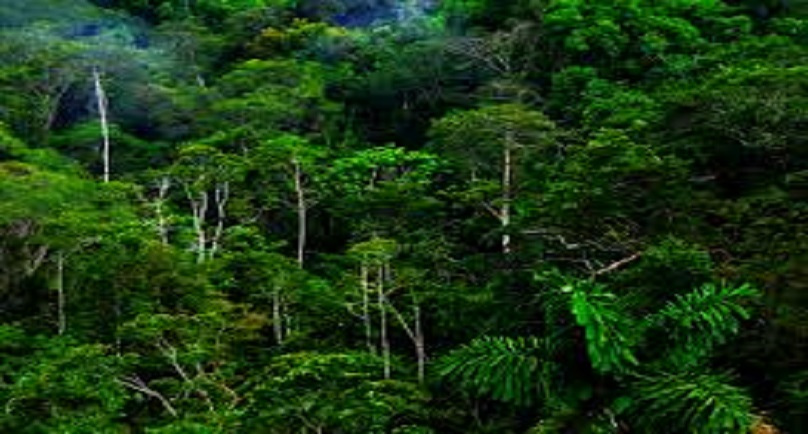by Marie Kauna – EMTV Online, Port Moresby
The latest analyses from the National Oceanic and Atmospheric Administration and NASA, confirms that El Nino is strengthening and looks stronger when compared to that which occurred in 1997-1998.
Despite efforts made in monitoring and managing these growing effects witnessed across the globe, it is already causing worsening dry conditions in the tropics.
Papua New Guinea, amongst others, has witnessed the longest period of drought, resulting in no food and water shortages when compared to the one that occurred in 1997.
According to Deborah Lawrence, an environmental sciences researcher at the University of Virginia, it is important that global efforts be diverted into protecting forests, for without a healthy forest, the world is exposed and vulnerable to the extreme effects posed by El Nino.
Although sustainable forests are important, deforestation is a major problem, and as a result, the effects witnessed are far worse.
Initiatives like the sustainable forest project in Milne Bay province by the Brothers International Europe and Cool Earth, will in the long run help save the forests from deforestation and more focus should be centred in this kind of initiative to help save the remaining forests from deforestation.
It is believed that having a healthy forest will help save the world from El Nino and its threatening effects today and in the long run.


